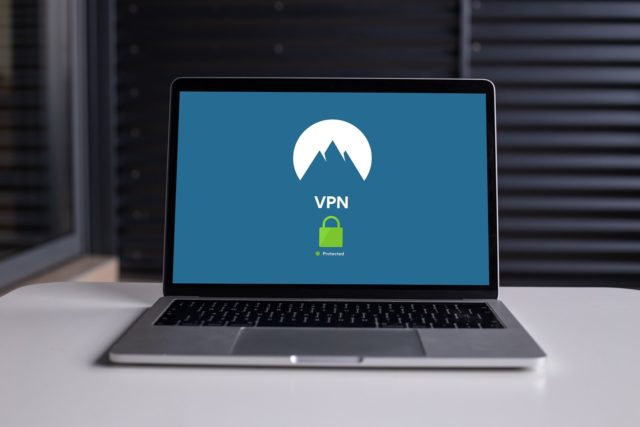Why should I speak with my child about Internet Privacy?
The internet has changed the way we live, communicate, and learn. It has revolutionized the way we access information and connect with people from different parts of the world. However, as much as it brings positive changes, it comes with its own set of risks, especially for children. As a parent, it is your responsibility to ensure that your child is safe online. One way of doing this is by speaking with them about internet privacy. In this article, we will discuss the importance of internet privacy, how to safeguard your child’s online presence, navigating the digital world together, and empowering your child to protect themselves online.
The Importance of Internet Privacy
Internet privacy refers to the ability to control what information is shared online and with whom it is shared. It is critical for protecting your child’s personal information, such as their name, address, phone number, and social security number. Failure to protect this information could lead to identity theft, cyberbullying, or online predators. Therefore, it is vital to teach your child about internet privacy and encourage them to be cautious about sharing personal information online.
Safeguarding Your Child’s Online Presence
As a parent, you should take proactive measures to safeguard your child’s online presence. This includes setting up parental controls on devices, monitoring their online activity, and teaching them about safe online behavior. You can also limit the information they share online, such as only allowing them to use social media with your permission and monitoring their friend’s list. Additionally, you can teach them to create strong passwords and avoid clicking on suspicious links or ads.
Navigating the Digital World Together
Navigating the digital world can be overwhelming, especially for children who are still learning about the internet. As a parent, you can help your child navigate the digital world by having open and honest conversations about the risks and rewards of being online. You can also recommend safe websites and apps that are appropriate for their age and interests. Additionally, you can set rules and guidelines for their online behavior, such as limiting screen time and prohibiting them from downloading unknown software or apps.
Empowering Your Child to Protect Themselves Online
Teaching your child about internet privacy is not just about protecting them; it is also about empowering them to protect themselves. By teaching them about online safety, you equip them with the knowledge and skills they need to navigate the digital world safely. This includes teaching them to identify and report suspicious activity online and to speak up if they feel uncomfortable or threatened. You can also encourage them to be vigilant about privacy settings and to think before they post anything online.
In conclusion, speaking with your child about internet privacy is essential for their safety and wellbeing online. By teaching them about online safety, you equip them with the necessary skills and knowledge to navigate the digital world safely. It is also crucial to lead by example and practice safe online behavior yourself. Remember, the internet can be a dangerous place, but with the right precautions, you and your child can enjoy its benefits without compromising your privacy and security.


